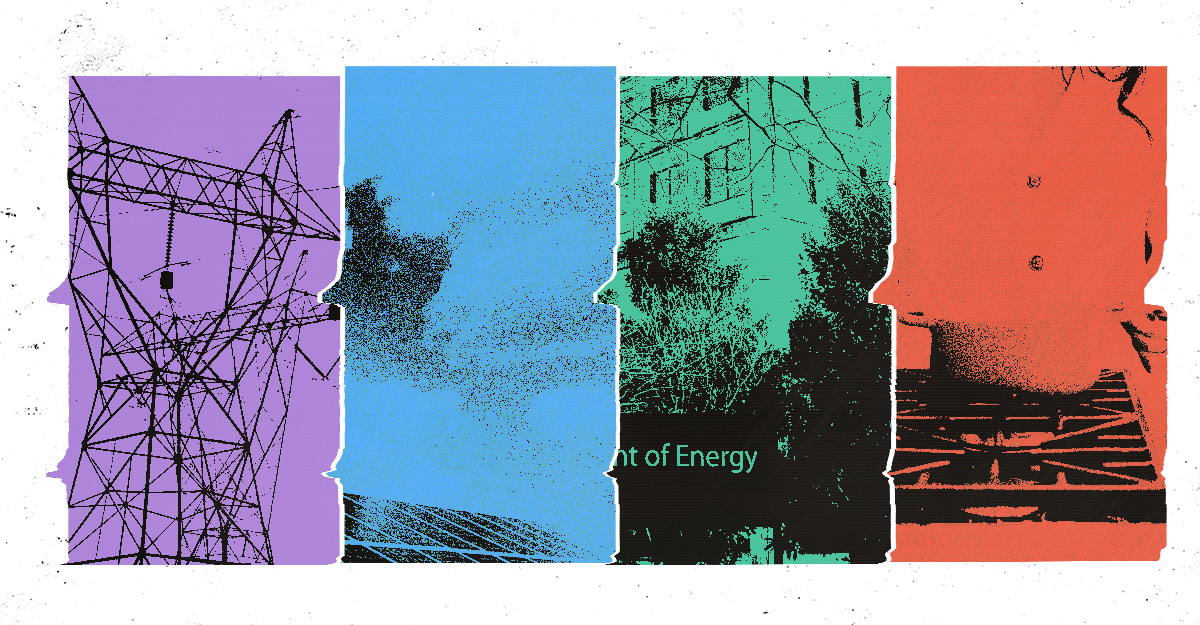


This year’s Red Sky Summit was an opportunity to further consider what the role of fire tech can and should be – and how public policy can support its development, scaling, and application.
The new alignment signals a clear shift in priorities: offices dedicated to clean energy and energy efficiency have been renamed, consolidated, or eliminated, while new divisions elevate hydrocarbons, fusion, and a combined Office of AI & Quantum.
We came out of the longest shutdown in history and we are all worse for it. Who won the shutdown fight? It doesn’t matter – Americans lost. And there is a chance we run it all back again in a few short months.
Promising examples of progress are emerging from the Boston metropolitan area that show the power of partnership between researchers, government officials, practitioners, and community-based organizations.